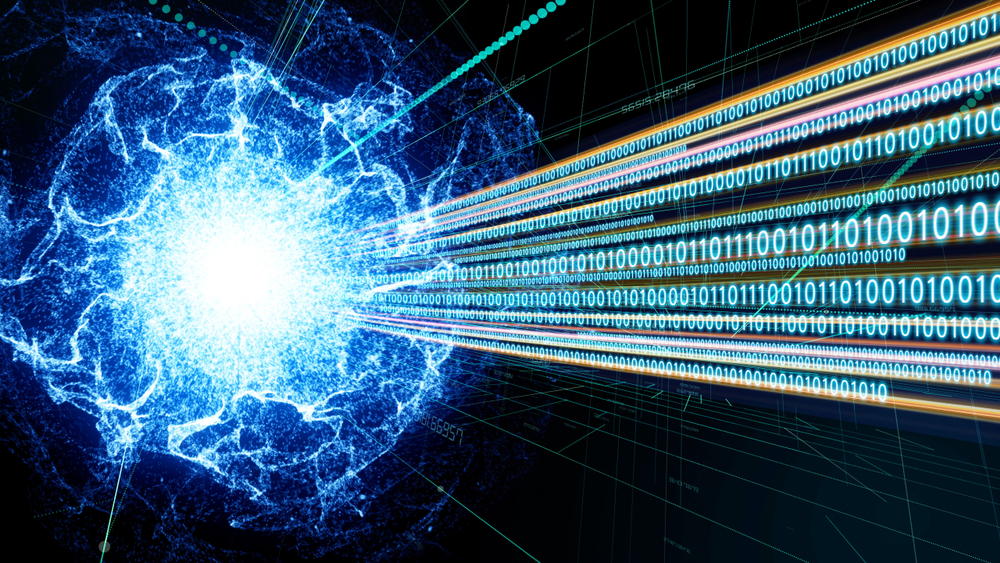Quantum computing has captured the interest of research scientists into one future scenario of the profession once digital binary computers have reached their limits. For its ability to store several different potential scenarios in the “quantum state,” quantum computing has the potential to provide a significant processing boost for machine learning and Artificial intelligence challenges.
Quantum computing language can provide artificial intelligence a computational boost, allowing it to solve more complicated tasks and AGI.
Let us now learn about quantum and AI technology
Understanding quantum computing and quantum AI
The use of quantum computing for the calculation of machine learning algorithms is known as quantum AI. Due to the obvious processing benefits of quantum computing, quantum AI can assist in achieving results that are not attainable with traditional computers.
Quantum mechanics is a fundamental paradigm governed by rules that differ from those that may be observed in everyday life. A data quantum model is required to process data using quantum computing. In quantum computing, hybrid quantum-classical models are also required for error correction and proper quantum computer functioning.
Working of quantum AI
TensorFlow Quantum (TFQ) is an open-source toolkit for quantum machine learning developed by Google in partnership with the University of Waterloo, X, and Volkswagen. TFQ’s goal is to provide the tools needed to govern and model organic or inorganic quantum systems. TFQ is a tool package that combines quantum modeling and machine learning approaches. The steps include:
- Converting quantum data to a quantum dataset: Quantum computing language can be displayed as a multi-dimensional series of integers known as quantum tensors. TensorFlow processes these tensors to generate a dataset for further usage.
- Models of quantum neural networks to consider: Quantum neural network models are chosen based on an understanding of the quantum data structure. The goal is to use quantum computing to extract information that is concealed in an entangled state.
- A sample or an average: Quantum state measurement yields conventional information in the form of observations from the classical distribution. The values are derived from the quantum state. TFQ has techniques for averaging over multiple runs comprising the first and second steps.
- Analyze a traditional neural network model: Deep learning algorithms are employed to understand the correlation between data now that quantum data has been translated to classical data.
These stages ensure that an appropriate model for unsupervised tasks is generated.
Application of quantum computing in AI technology
The researchers’ near-term realistic goal for quantum AI is to develop and implement quantum algorithms that outperform classical algorithms.
Quantum learning algorithms
Creation of quantum computing language for quantum expansions of classical learning models. It has the potential to give speedups or other enhancements in the supervised neural training process. The contribution of quantum computing to conventional machine learning can be accomplished by swiftly presenting the optimal solution set of artificial neural network weights.
Quantum algorithms for decision issues
Decision trees are used to formulate traditional decision problems. Creating branches from specific points is one way to get to the set of solutions. However, the efficiency of this strategy declines when every problem is just too complex to handle by repeatedly separating it into two.
Quantum computing in search
The majority of search algorithms are created for classical computing. In search tasks, classical computing outperforms humans. Lov Grover, on the other hand, gave his Grover algorithm and claimed that supercomputers can solve this problem quicker than classical computers. AI technology driven by quantum computing has the potential to be promising for near-term applications.
Quantum algorithm game theory
This is a modeling approach that is commonly employed in AI applications. The quantum game theory is a part of this theory to the quantum field. It has the potential to be a promising technique for overcoming fundamental challenges in quantum communication and quantum artificial intelligence development.



